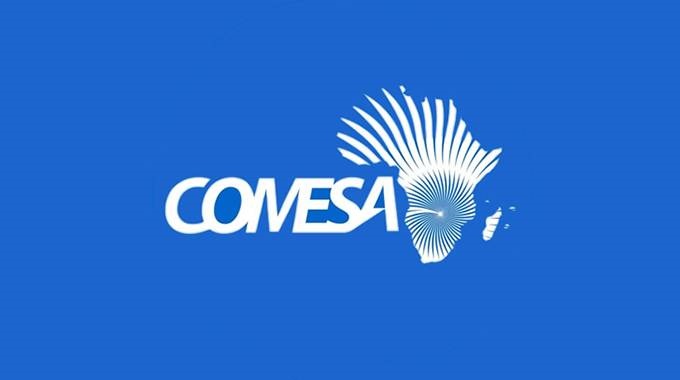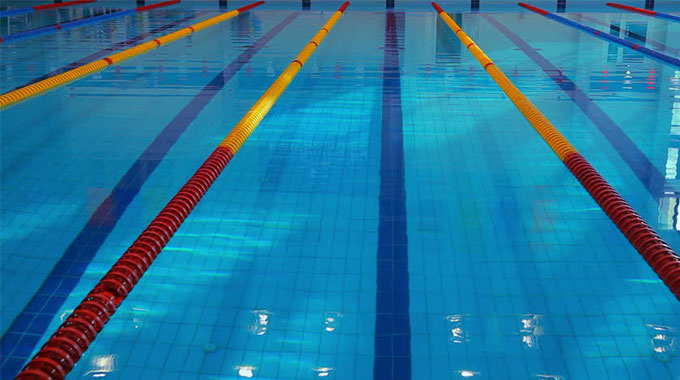Poor seed quality creates food insecurity, poverty: Comesa

Business Reporter
THE Common Market for Eastern and Southern Africa (Comesa) has blamed food insecurity and poverty among member States to poor seed quality, leaving 22,8 percent of the population in Sub-Saharan Africa vulnerable.
In a statement released this week, Comesa said the Alliance for Commodity Trade in Eastern and Southern Africa (ACTESA), a specialised agency for the trading bloc, has been working with member States’ governments and non-governmental organisations in joint strategies to respond to food insecurity and challenges in the region.
“Lack of quality and improved seed in the Comesa member states has contributed significantly to food insecurity and poverty with 123 million people out of total population of 650 million (22, 8 percent in sub-Saharan Africa) affected,” it said.
ACTESA is collaborating with the Alliance for a Green Revolution in Africa (AGRA) to fast-track trading by seed companies on the harmonised Comesa Seed Trade Platform.
A draft proposal between Comesa and AGRA has been developed aimed at contributing to regional seed trade in staple food crops of maize, rice, cotton, soybeans and rice in the region.
The draft agreement of Comesa and AGRA with its Comesa Seed Harmonisation Implementation Plan (Comship) consortium members titled: “Improved Regional Seed Trade in the Common Market for East and Southern Africa” is expected to establish a regional platform for regulatory dialogue and learning trips as well as enhancing the efficiency of information and communication technology systems used to clear shipments at borders.
According to ACTESA seed expert, Dr John Mukuka, over 500 million people living in the region depend on seed-based crops such as beans, maize, rice, cotton, wheat, cassava, potatoes, soya beans and small grains for their livelihoods.
“The availability of quality seed in this region in terms of variety, accessibility, and volume currently stands at a meagre 25 percent,” he said. “Total seed being traded in the Comesa member states, as of beginning of 2020 is averaging US$1,9 billion, equivalent to less than two percent of global seed trade values and volumes.”
It is envisaged that with a harmonised system, seed trade within the region will grow from US$1,9 billion to US$5 billion in the next 10 years as a result of the incentives embedded in the Comship.
Last month, Comesa and AGRA held a joint meeting with its Comship consortium members, namely African Seed Trade Association (AFSTA), Cellsoft Technologies, New Markets Lab (NML), Emerge Centre for Innovations (ECI) and AGcuity Consulting in Nairobi, Kenya to finalise activities to be implemented on the overall project.
The meeting also reviewed the approach used by the private sector towards regional variety catalogues and support to the development of a digital information portal in each country for access to information on seed trade volumes.
Comship consortium members also agreed to support seed trade associations to play key advocacy roles in seed trade, including the implementation of harmonised seed laws in their individual countries.
Comesa is a 21-member bloc comprising countries who are also members of the Sadc and the East African Community.












Comments